Tag: history
-

Echtrai
An interview with Baz Nichols, editor of Echtrai, a new art and literary journal exploring landscapes lost, abandoned, forgotten, mythic.
-
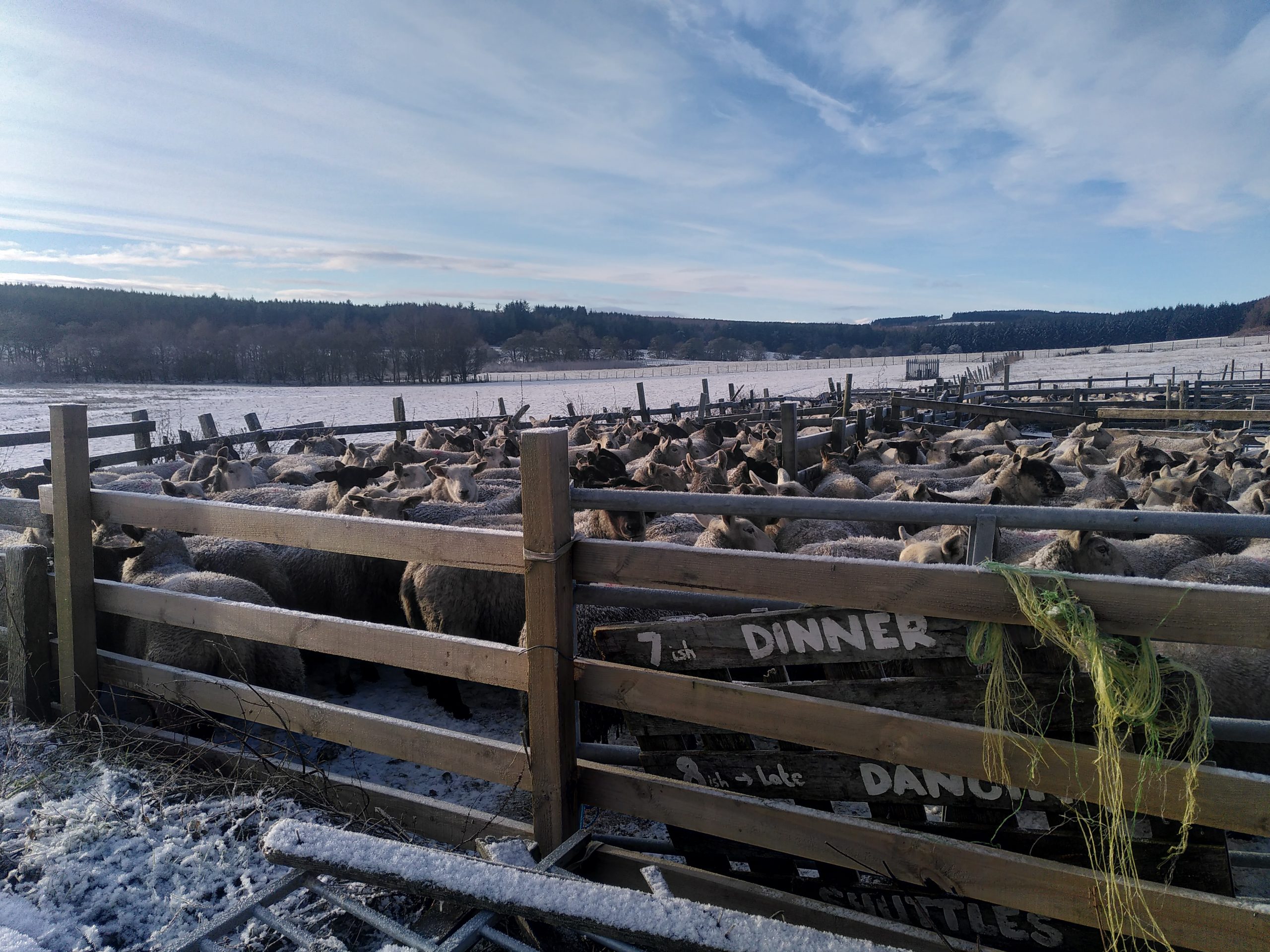
Lessons from Seed
A personal essay by seed researcher and baker Col Gordon on the complex relationships between plants, people and place.
-

Seeds
A Q&A with No Stone Theatre Director Nicolas Pitt about his production Seeds, following the story of Nikolai Vavilov.
-

+ Other Cartographies
Kiara Marina Firpi Carrión reveals the motivations behind + Other Cartographies, a research project to highlight work by women map-makers.
-
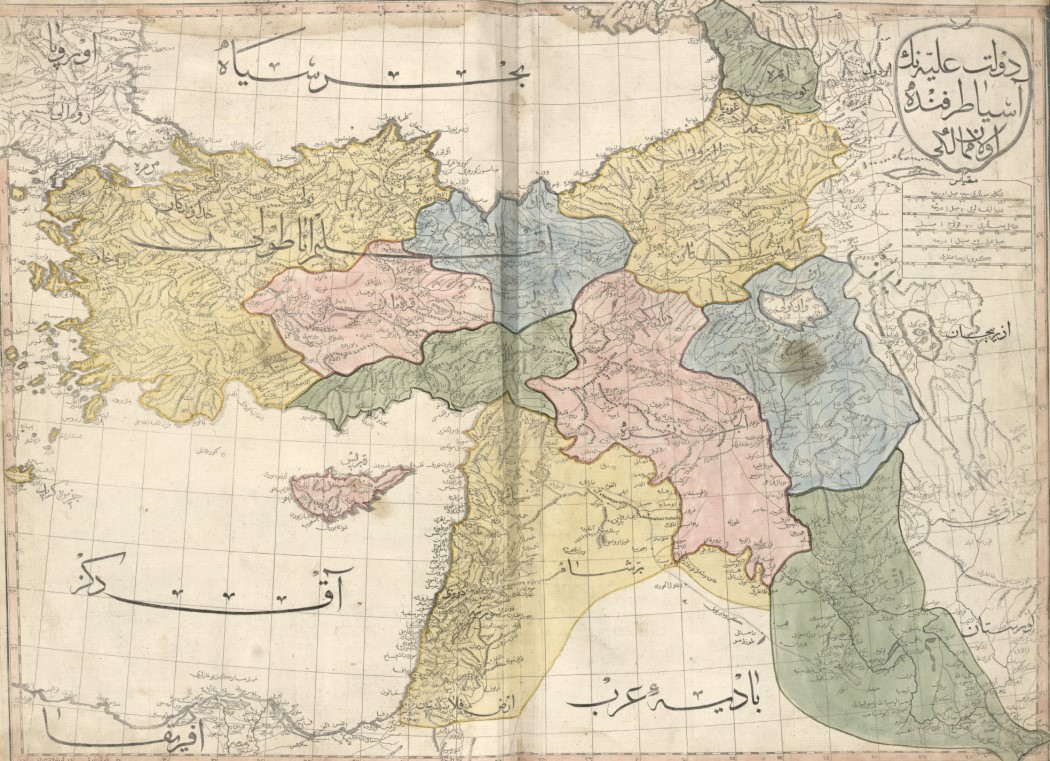
The History of Cartography
An in-depth interview with Matthew H. Edney and Mary Sponberg Pedley, editors of Volume IV of The History of Cartography.
-

Between Two Memories
Artist Ian Giles uncovers hidden queer histories as part of New Geographies, a three-year project to create a new map of the East of England.
-
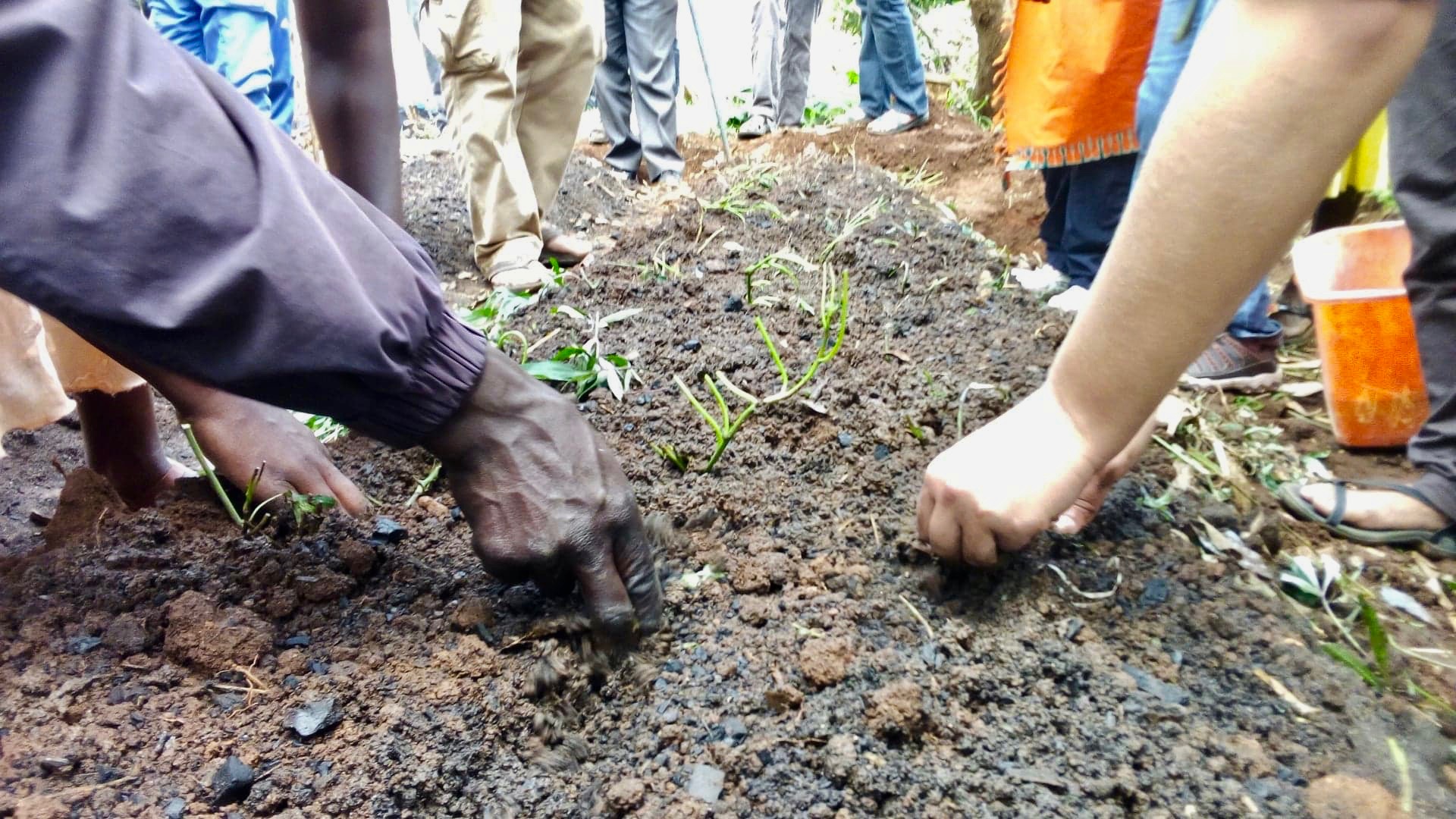
Compassionate Climate Activism
Vermont-based environmental and social justice advocate Chris Gaynor on the compulsion to protect, educate and care for our species.
-
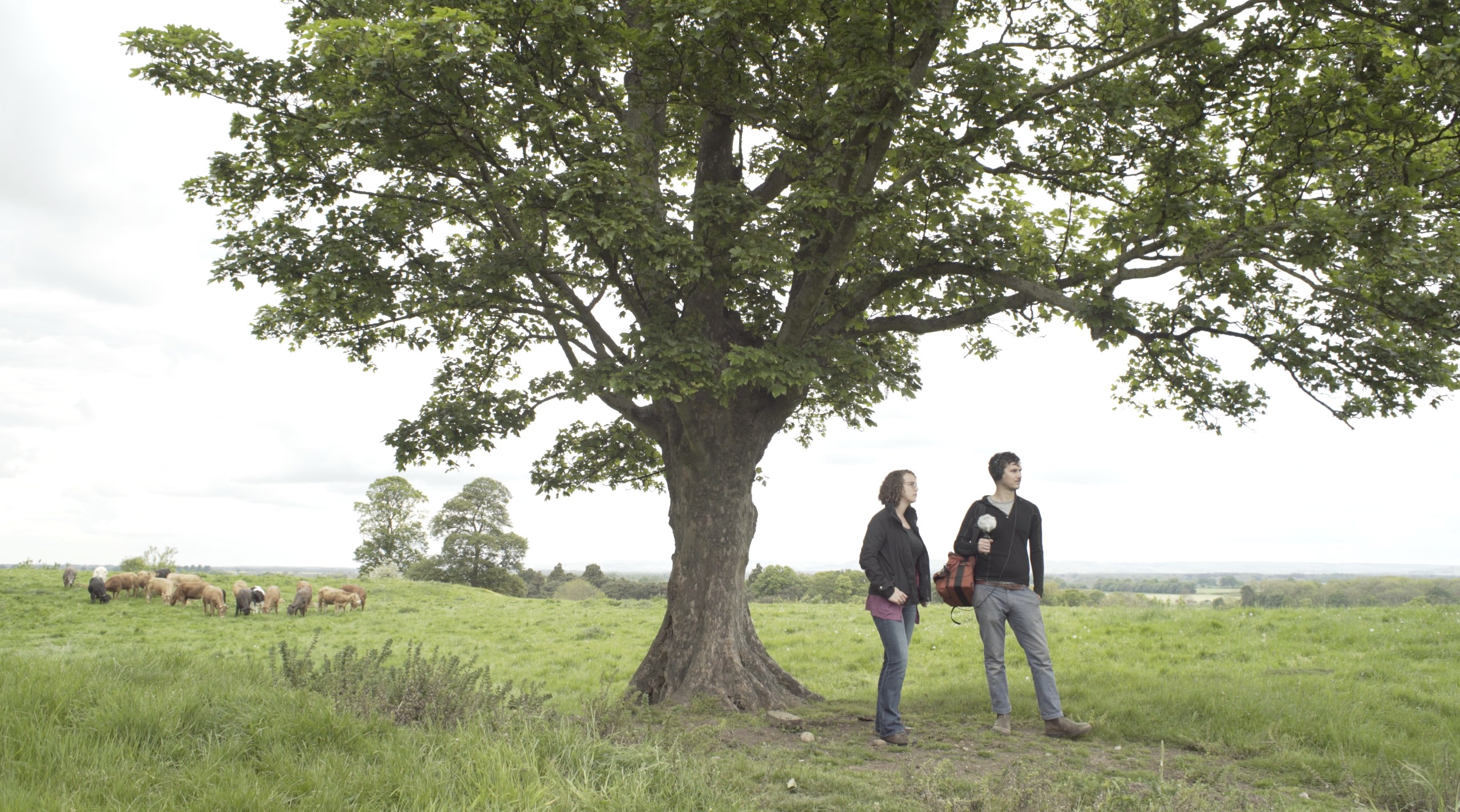
Soundmarks
Rose Ferraby and Rob St. John discuss their audio-visual art project animating the sub-surface world of the landscapes beneath Aldborough, North Yorkshire.
-

Observation Journal
In WWII, Nazis and Soviets fought for control over a seed collection. Now, artist Sergey Kishchenko plants fields to reconstruct these forgotten histories.
-
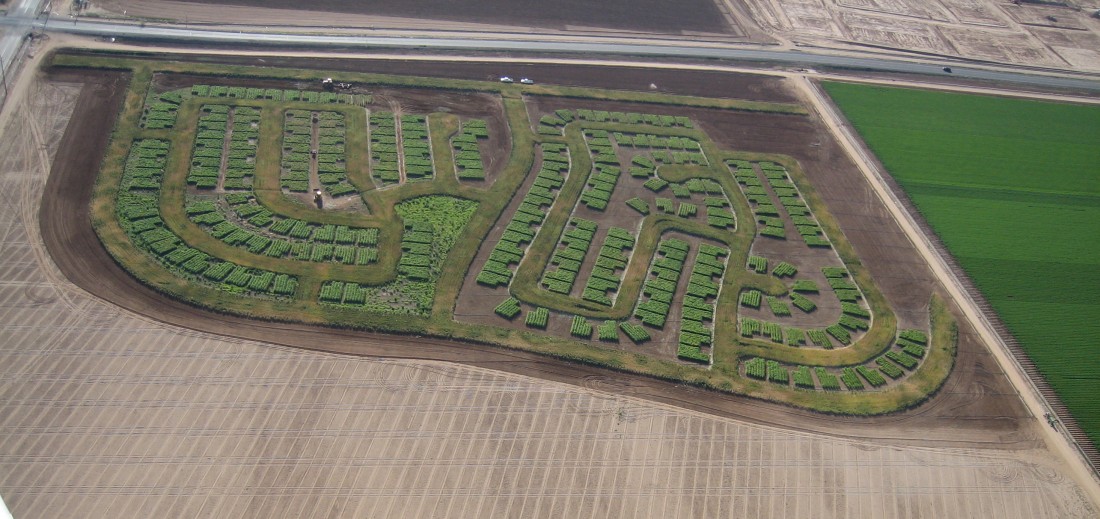
Farming Awareness
Visionary Farms In 1969, House & Garden magazine commissioned Patricia Johanson (b. 1940) to design estate gardens. In the letter inviting her to design gardens, landscape architect James Fanning clearly anticipated her using gravel, water, concrete blocks, wood or metal, rather than the natural materials her gardens deploy. When one examines the nearly 150 drawings…
-

The Garden as Form
This is not your garden-variety reflection on gardens. It is, in fact, extremely difficult to think about gardens, at a carefully calibrated distance thinking requires, because our minds are awash with positive, sentimental, and nostalgically inflected cultural associations with these cultivated, carefully manicured green spaces. Forests connote danger and darkness, disorientation and wild life, both…